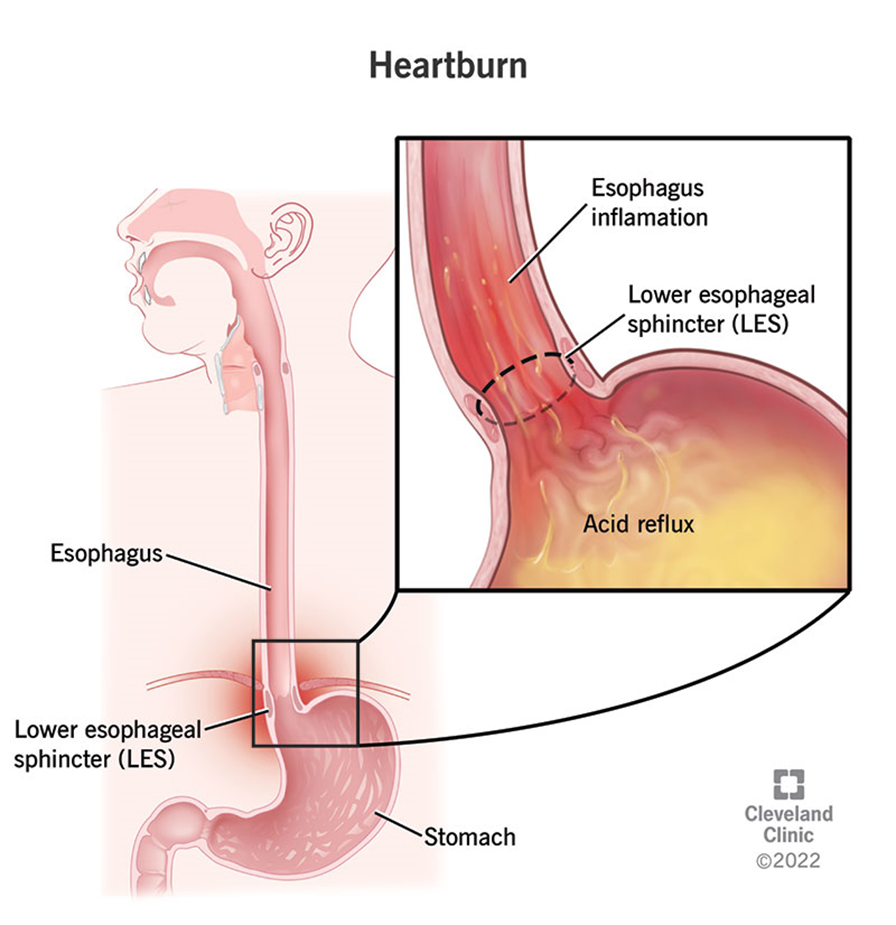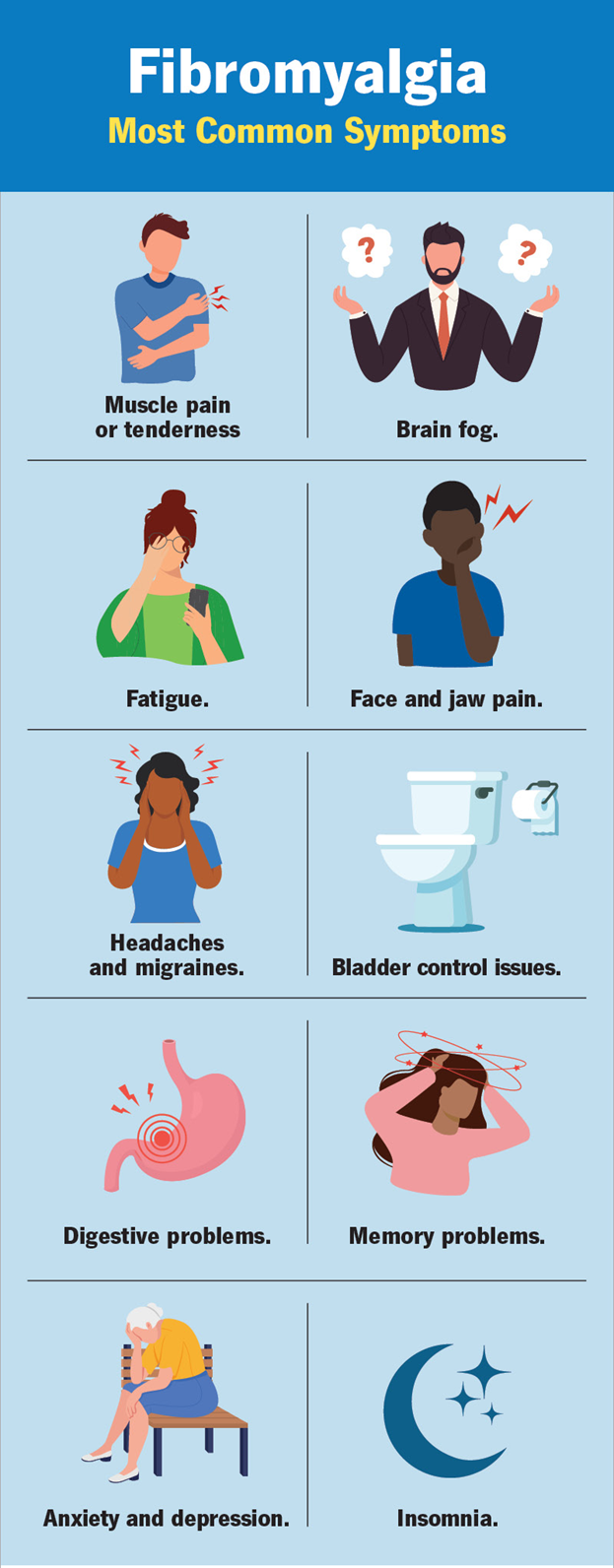A patient with peptic ulcer disease is scheduled to receive doses of pantoprazole IV and sucralfate PO before breakfast at 0800. The patient reports experiencing heartburn. The nurse brings the scheduled medications. Which action should the nurse take?
Provide a PRN dose of antacid along with the scheduled medications.
Instruct the client to take the dose of sucralfate PO while eating breakfast.
Hold the dose of IV pantoprazole until the client has finished eating breakfast.
Administer both of the medications before breakfast as scheduled.
The Correct Answer is D
Choice A Reason:
Providing a PRN dose of antacid along with the scheduled medications is not the best option. Antacids can interfere with the absorption of other medications, including sucralfate and pantoprazole. Sucralfate works by forming a protective barrier on the ulcer site, and pantoprazole is a proton pump inhibitor that reduces stomach acid production. Adding an antacid could alter the effectiveness of these medications.
Choice B Reason:
Instructing the client to take the dose of sucralfate PO while eating breakfast is incorrect. Sucralfate should be taken on an empty stomach, typically one hour before meals, to ensure it can effectively coat the ulcer site and provide protection. Taking it with food can reduce its efficacy.
Choice C Reason:
Holding the dose of IV pantoprazole until the client has finished eating breakfast is not advisable. Pantoprazole is most effective when taken before meals, as it helps to reduce stomach acid production in anticipation of food intake. Delaying the dose could result in less effective acid suppression and increased discomfort for the patient.
Choice D Reason:
Administering both of the medications before breakfast as scheduled is the correct action. Sucralfate should be taken on an empty stomach to form a protective barrier on the ulcer site, and pantoprazole should be administered before meals to reduce stomach acid production. This timing ensures both medications work optimally to manage the patient’s peptic ulcer disease and alleviate symptoms like heartburn.

Nursing Test Bank
Naxlex Comprehensive Predictor Exams
Related Questions
Correct Answer is D
Explanation
Choice A reason:
Resuming a diet that consists of milk, cream, and bland foods is not the most critical instruction for a client taking esomeprazole. While bland foods can help reduce gastric irritation, they do not address the primary concern of monitoring for serious side effects. Esomeprazole is a proton pump inhibitor (PPI) that reduces stomach acid, and dietary changes alone are not sufficient to manage potential complications.
Choice B reason:
Calling the clinic if diarrhea or headache occurs when taking esomeprazole is important, but it is not the most critical instruction. Diarrhea and headache are common side effects of esomeprazole, but they are usually not severe. The client should be aware of these potential side effects, but the primary concern is monitoring for signs of gastrointestinal bleeding.
Choice C reason:
Once pain subsides, NSAID therapy should not be resumed without consulting the healthcare provider. NSAIDs can cause significant gastrointestinal issues, including ulcers and bleeding. The client should be advised to avoid NSAIDs unless specifically directed by their healthcare provider.
Choice D reason:
Notifying the healthcare provider of the passage of black stools is the most critical instruction. Black stools can indicate gastrointestinal bleeding, which is a serious side effect of both NSAIDs and esomeprazole. Immediate medical attention is necessary if this occurs to prevent further complications.
Correct Answer is C
Explanation
Choice A reason:
Administering a PRN dose of an antianxiety drug might seem like a reasonable action if the tremors are related to anxiety. However, without a clear indication that anxiety is the cause of the tremors, this action could mask the underlying issue and delay appropriate treatment. It is essential to identify the root cause of the tremors before administering any medication.
Choice B reason:
Obtaining orthostatic blood pressure readings is a useful assessment for determining if the client has orthostatic hypotension, which can cause dizziness and fainting. However, this action is not directly related to the complaint of hand tremors. While it is a good practice to monitor vital signs, it does not address the immediate concern of tremors caused by pregabalin.
Choice C reason:
Notifying the healthcare provider is the most appropriate action. Tremors can be a side effect of pregabalin12. The healthcare provider needs to be informed to evaluate the severity of the side effect and decide whether to adjust the medication dosage or switch to an alternative treatment. This ensures that the client receives the most appropriate care and avoids potential complications.

Choice D reason:
Collecting a capillary glucose level is important for clients with diabetes or those at risk of hypoglycemia or hyperglycemia. However, there is no indication in the scenario that the client has diabetes or that blood glucose levels are related to the tremors. Therefore, this action is not directly relevant to the client’s current complaint.
Whether you are a student looking to ace your exams or a practicing nurse seeking to enhance your expertise , our nursing education contents will empower you with the confidence and competence to make a difference in the lives of patients and become a respected leader in the healthcare field.
Visit Naxlex, invest in your future and unlock endless possibilities with our unparalleled nursing education contents today
Report Wrong Answer on the Current Question
Do you disagree with the answer? If yes, what is your expected answer? Explain.
Kindly be descriptive with the issue you are facing.
